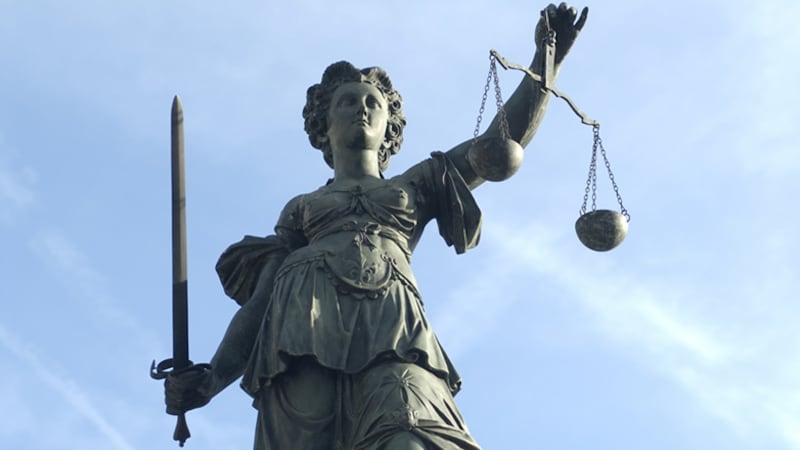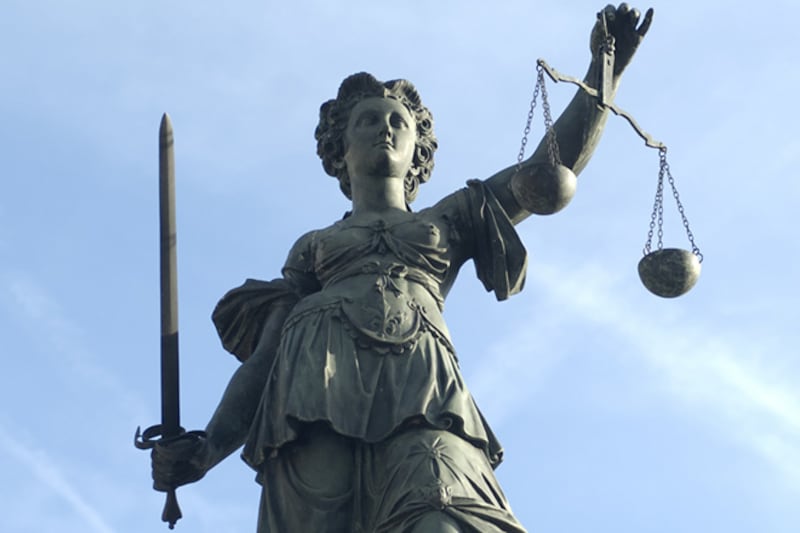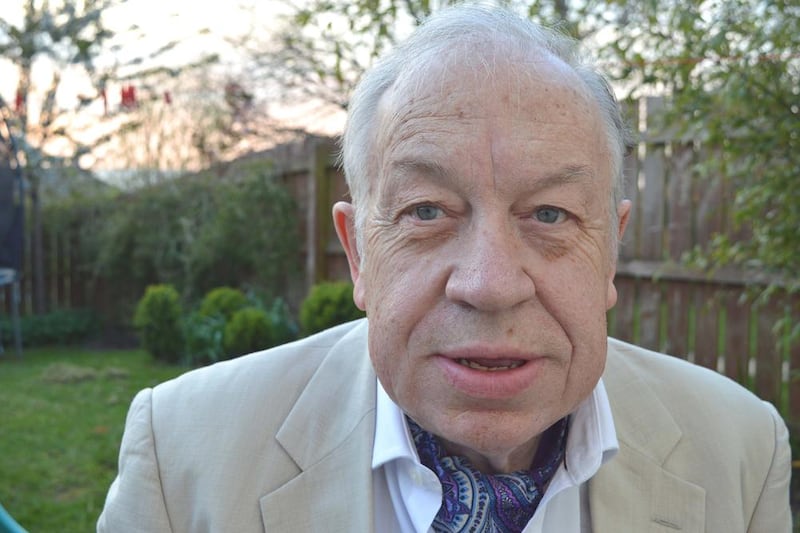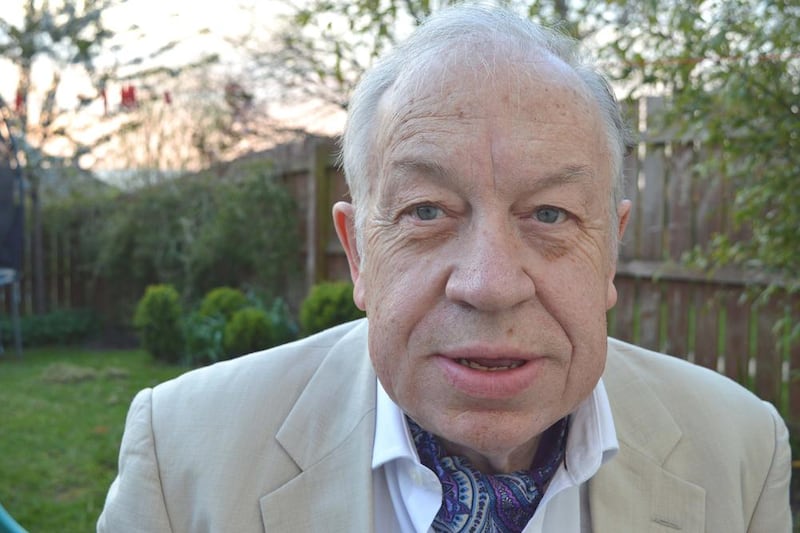So now we know. The television documentary on Scientology titled “Going Clear” which has been shown widely in the United States is not to be shown here or in Great Britain.
“Why so?” you might ask. Is free speech better protected in the USA?
The answer apparently is that reforms introduced in England and Wales by the Defamation Act 2013 have not been introduced in Northern Ireland by the Assembly (defamation law is a devolved subject) and so the programme might invite litigation in the courts of Northern Ireland.
More particularly, changes introduced by the 2013 Act designed to provide a defence to an action for defamation in the case of publications (which include TV and radio broadcasts) dealing with matters of public interest have not been made law here, nor has the new rule that a statement is not defamatory unless its publication causes or is likely to cause serious harm.
It remains something of a mystery why the law on defamation in Northern Ireland has not followed the changes in England and Wales.
Until January 1 2014, when the Act came into force, the law in Northern Ireland mirrored that in the rest of the UK. But the law had become outdated and many felt it unduly inhibited a free press.
A lengthy public consultation was initiated at Westminster and, with all-party support, the 2013 Act was enacted.
It was widely assumed that the Northern Ireland Executive would authorise the new law to apply locally but, contrary to expectation, Sammy Wilson MLA, the minister then responsible for this subject, declined to authorise its introduction.
No debate took place on this decision despite fears that it might cause serious problems in terms of press freedom and the need to strike a better balance between press freedom and the protection of the reputation of the individual.
Other important reforms were also included in the 2013 Act to give protection to statements in scientific and academic journals which are independently reviewed, as well as power to remove defamatory statements from websites.
And so the law currently rests unreformed in Northern Ireland.
A reform campaign has however been mounted locally which is supported by a number of journalists, writers and lawyers. I am a member of the campaign.
To his credit, Simon Hamilton MLA, who had taken over the ministerial role from Sammy Wilson, referred the issue to the Northern Ireland Law Commission which in turn produced an impressive public consultation document – but now we learn the commission has in effect been wound up due to financial cut-backs.
When the Scientology documentary was withdrawn some viewed this as an example of the danger of what is termed “libel tourism” – meaning fear that individuals from outside Northern Ireland might choose to sue for libel in Northern Ireland courts to obtain the benefit of the less rigorous law which applies here.
Fear of libel tourism may prove unwarranted but anxiety about stifling debate on matters of public interest is not scaremongering.
The case for reform is not to give the press/media the untrammelled right to publish whatever it chooses.
The new law in England and Wales is designed to support responsible journalism and protect academic freedom. The removal of purely trivial claims from the courts is also overdue.
While Northern Ireland judges have in more recent times modified some earlier excesses of defamation law and practice, the need to place reform on a firm statutory basis is clear.
As to the Scientology documentary I have not seen the programme and so cannot comment on its content – but Scientology is highly controversial and argument rages as to whether it should be regarded as merely a cult (per the writings of the late L Ron Hubbard) or recognised as a religion. Certainly many people question Scientology practices or claim to have been victimised.
The Duke of Wellington is attributed with the exhortation "Publish and be damned".
Two hundred years later we might respond “Can’t publish and now we are all damned”.







